Presentations
Laura Rodríguez: MnemográficaOctober 2015–January 2016
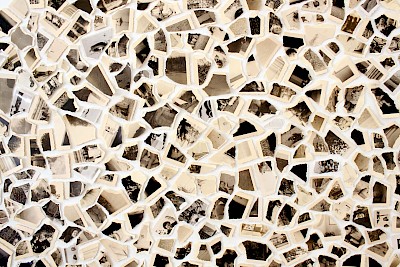
- Year
2015
- Technique
A mosaic of analog photographs
- Size
Varies
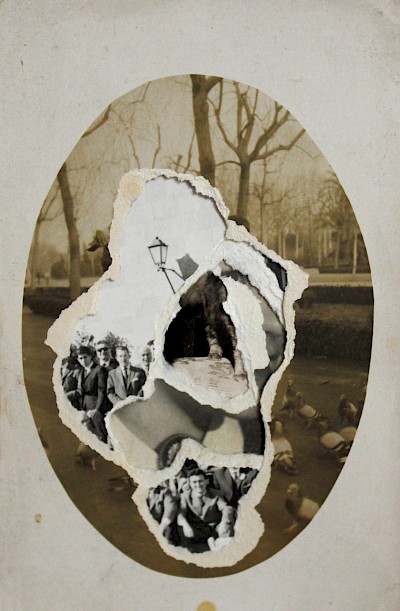
- Year
2015
- Technique
A collage of analog photographs
- Size
9 x 14 cm
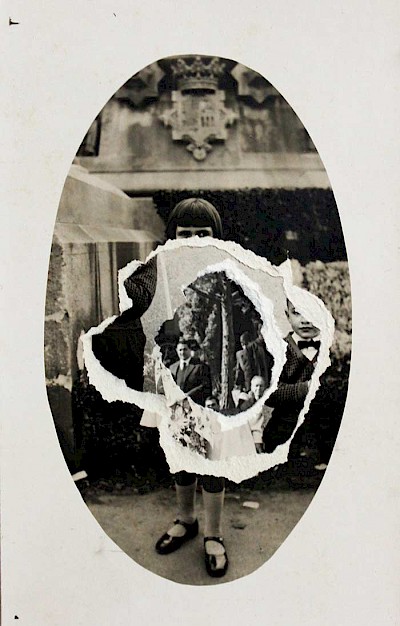
- Year
2015
- Technique
A collage of analog photographs
- Size
9 x 14 cm
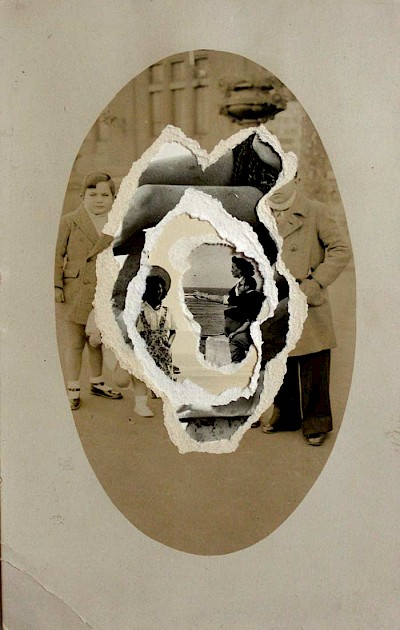
- Year
2015
- Technique
A collage of analog photographs
- Size
9 x 14 cm
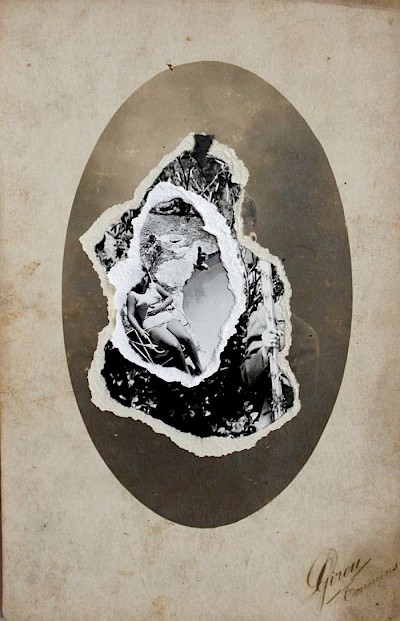
- Year
2015
- Technique
A collage of analog photographs
- Size
9 x 14 cm
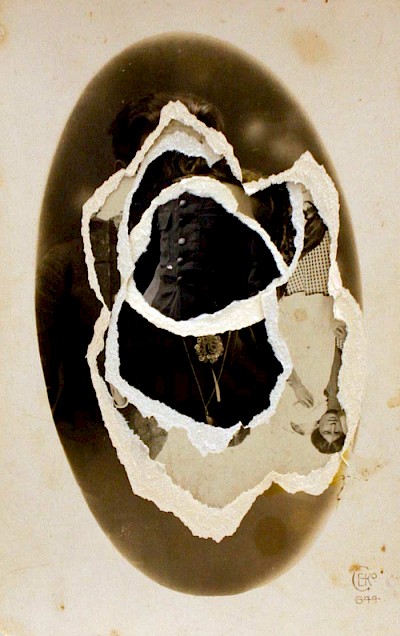
- Year
2015
- Technique
A collage of analog photographs
- Size
9 x 14 cm
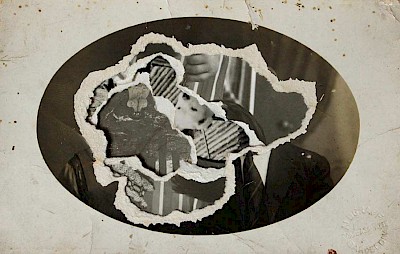
- Year
2015
- Technique
A collage of analog photographs
- Size
9 x 14 cm
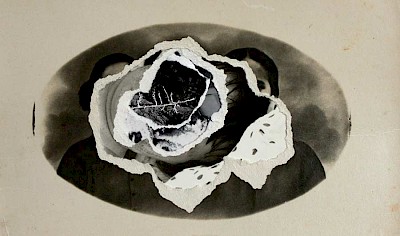
- Year
2015
- Technique
A collage of analog photographs
- Size
9 x 14 cm
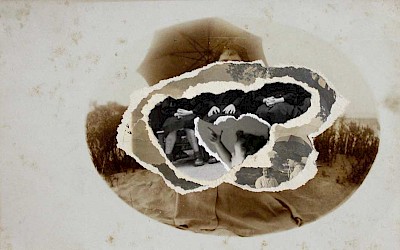
- Year
2015
- Technique
A collage of analog photographs
- Size
9 x 14 cm
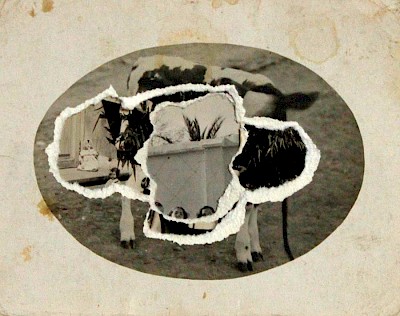
- Year
2015
- Technique
A collage of analog photographs
- Size
7 x 8,5 cm
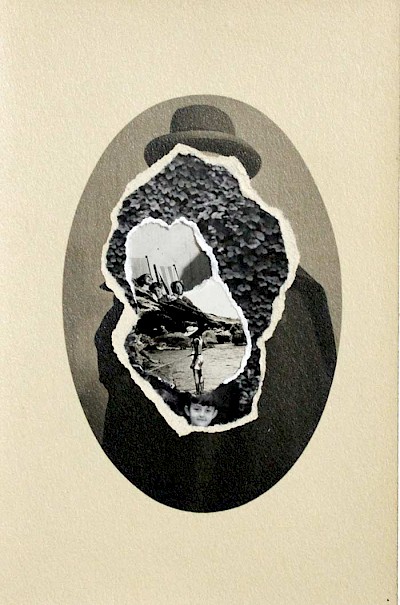
- Year
2015
- Technique
A collage of analog photographs
- Size
9 x 14 cm
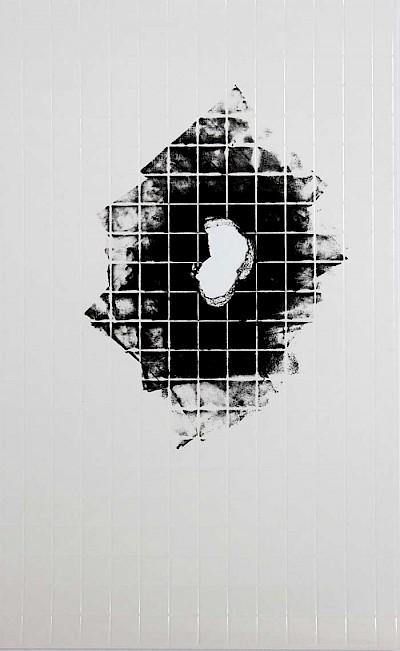
- Year
2015
- Technique
A matrix of dolls house tile wallpaper for monotype
- Size
29.5 x 18 cm
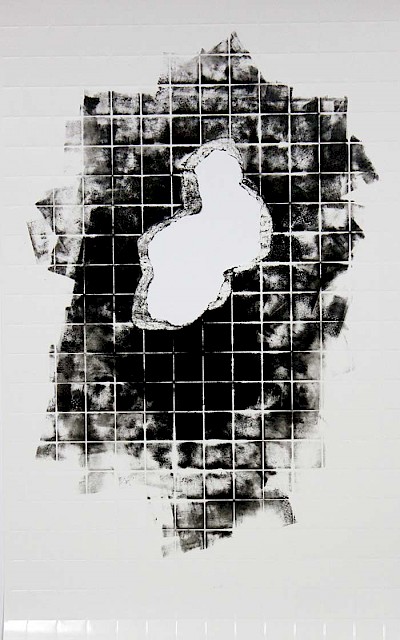
- Year
2015
- Technique
A matrix of dolls house tile wallpaper for monotype
- Size
29.5 x 18 cm
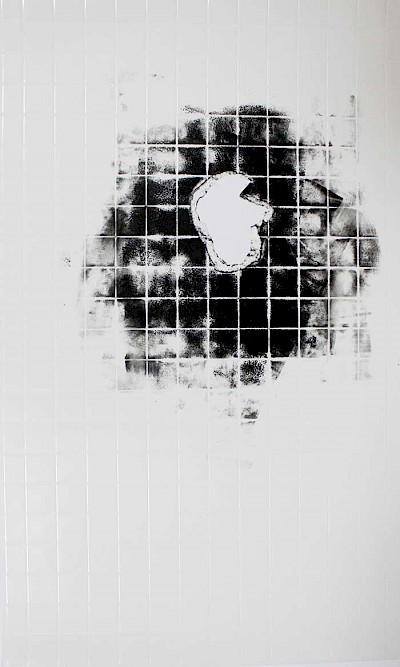
- Year
2015
- Technique
A matrix of dolls house tile wallpaper for monotype
- Size
29.5 x 18 cm
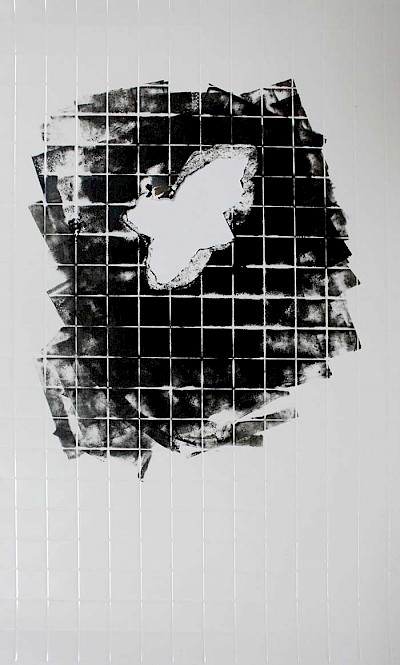
- Year
2015
- Technique
A matrix of dolls house tile wallpaper for monotype
- Size
29.5 x 18 cm
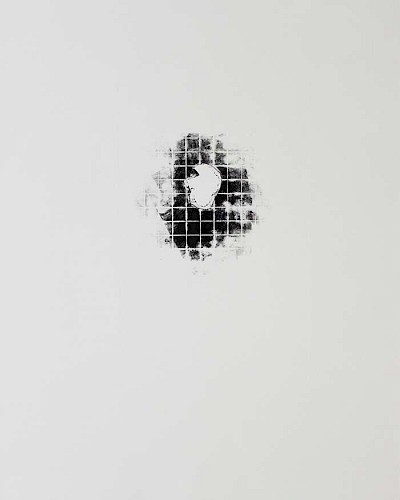
- Year
2015
- Technique
Monotype on 300 gr white Hahnemühle paper
- Size
128 x 83 cm
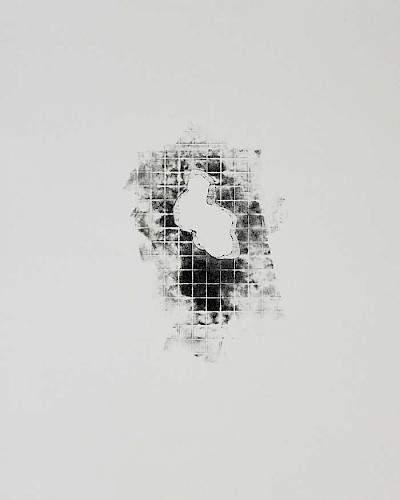
- Year
2015
- Technique
Monotype on 300 gr white Hahnemühle paper
- Size
128 x 83 cm
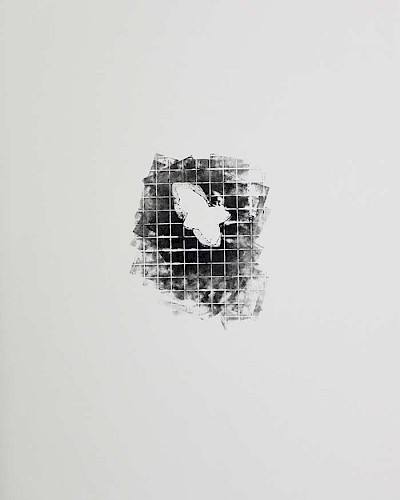
- Year
2015
- Technique
Monotype on 300 gr white Hahnemühle paper
- Size
128 x 83 cm
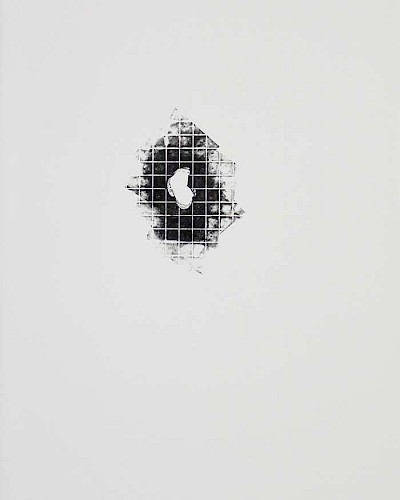
- Year
2015
- Technique
Monotype on 300 gr white Hahnemühle paper
- Size
128 x 83 cm
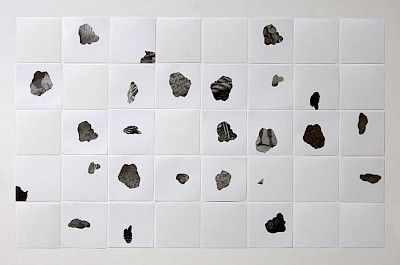
- Year
2015
- Technique
Analog photographs
- Size
Varies
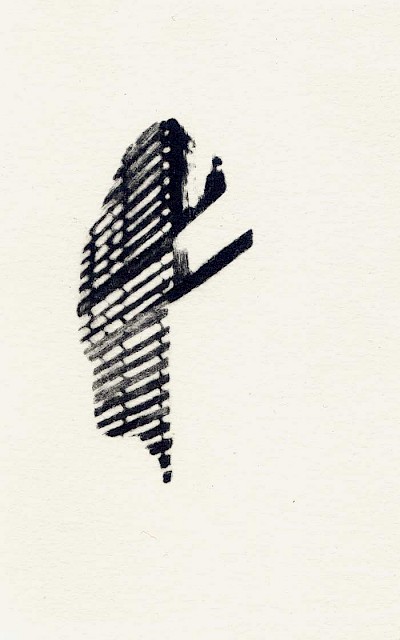
- Year
2015
- Technique
Drypoint on 300 gr white Hahnemühle paper
- Size
12 x 7.2 cm
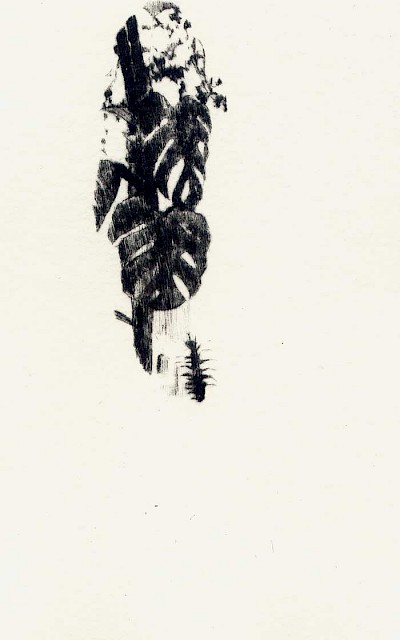
- Year
2015
- Technique
Drypoint on 300 gr white Hahnemühle paper
- Size
12 x 7.2 cm
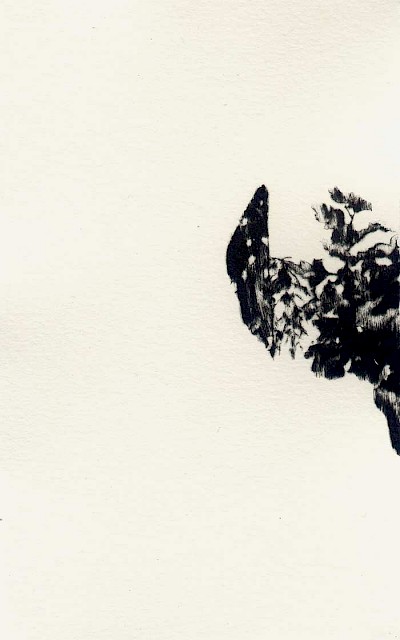
- Year
2015
- Technique
Drypoint on 300 gr white Hahnemühle paper
- Size
12 x 7.2 cm
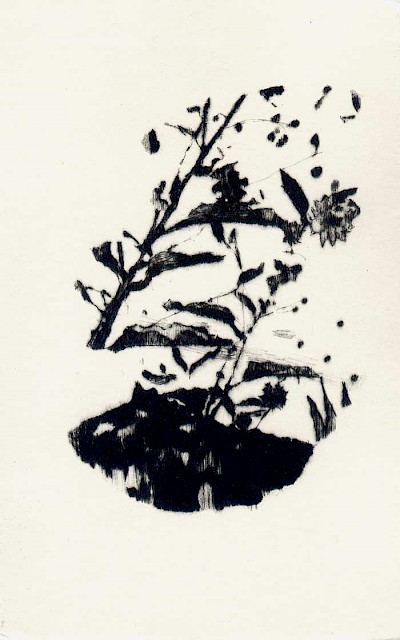
- Year
2015
- Technique
Drypoint on 300 gr white Hahnemühle paper
- Size
12 x 7.2 cm
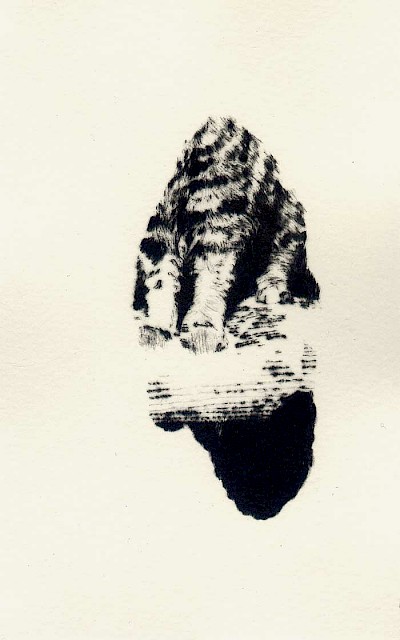
- Year
2015
- Technique
Drypoint on 300 gr white Hahnemühle paper
- Size
12 x 7.2 cm
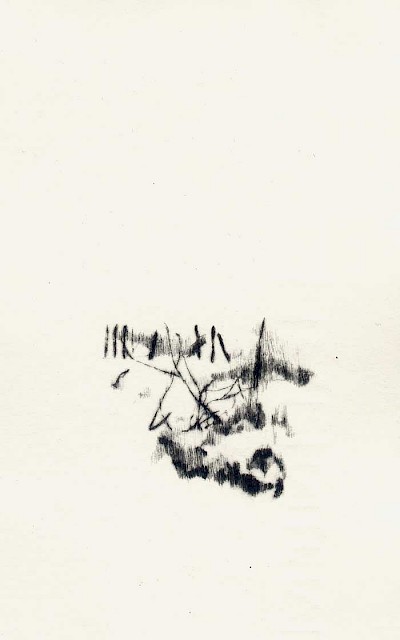
- Year
2015
- Technique
Drypoint on 300 gr white Hahnemühle paper
- Size
12 x 7.2 cm
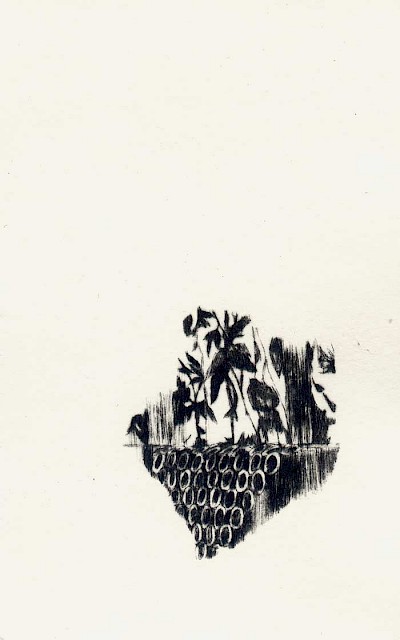
- Year
2015
- Technique
Drypoint on 300 gr white Hahnemühle paper
- Size
12 x 7.2 cm
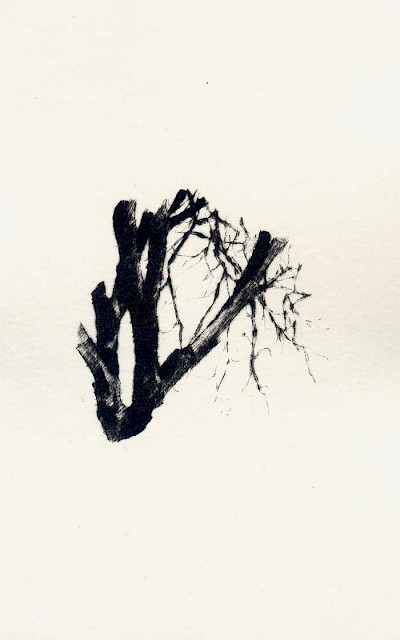
- Year
2015
- Technique
Drypoint on 300 gr white Hahnemühle paper
- Size
12 x 7.2 cm
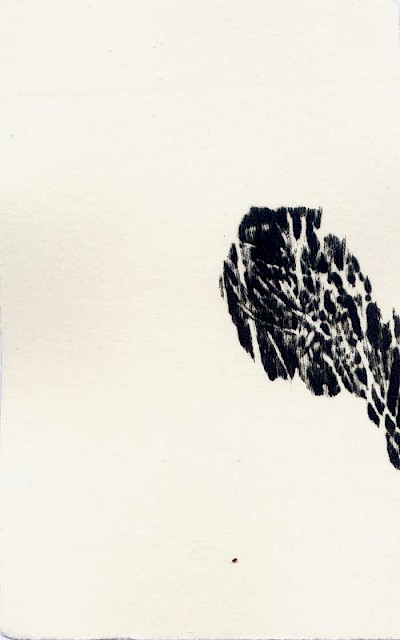
- Year
2015
- Technique
Drypoint on 300 gr white Hahnemühle paper
- Size
12 x 7.2 cm
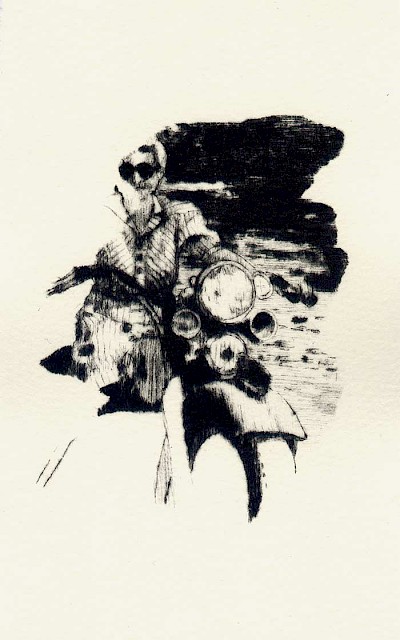
- Year
2015
- Technique
Drypoint on 300 gr white Hahnemühle paper
- Size
12 x 7.2 cm
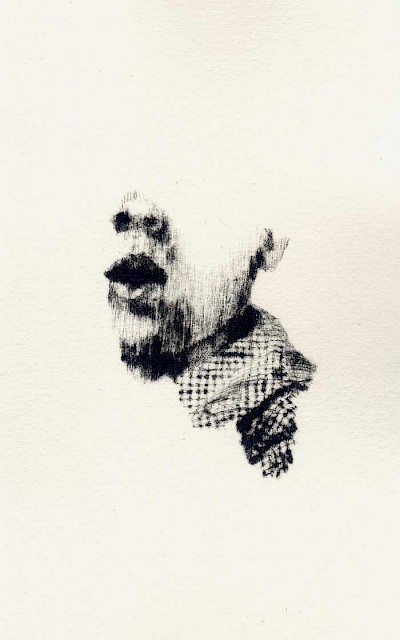
- Year
2015
- Technique
Drypoint on 300 gr white Hahnemühle paper
- Size
12 x 7.2 cm
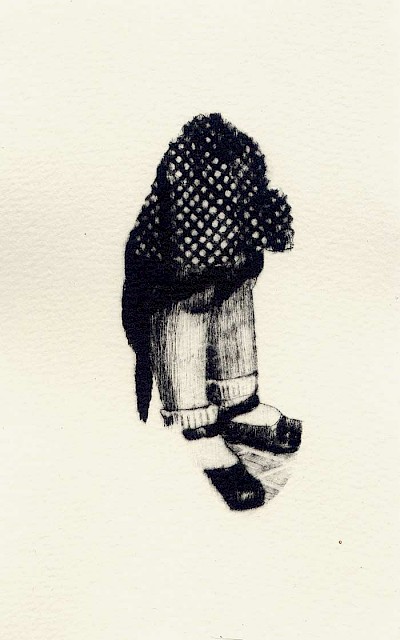
- Year
2015
- Technique
Drypoint on 300 gr white Hahnemühle paper
- Size
12 x 7.2 cm
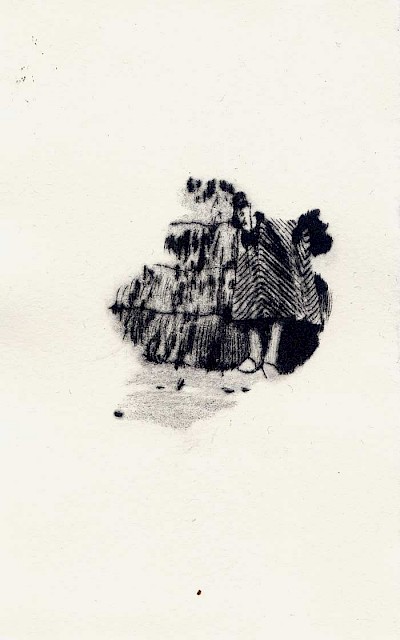
- Year
2015
- Technique
Drypoint on 300 gr white Hahnemühle paper
- Size
12 x 7.2 cm
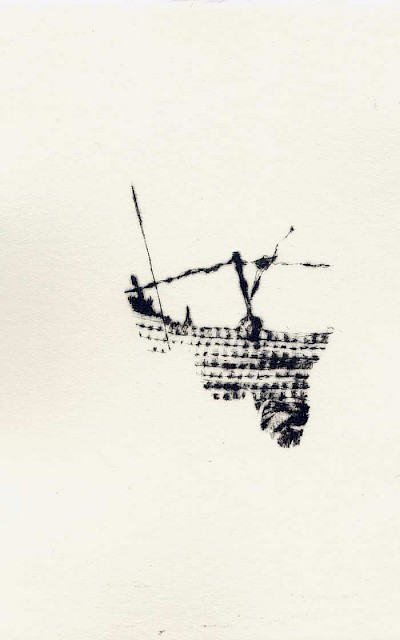
- Year
2015
- Technique
Drypoint on 300 gr white Hahnemühle paper
- Size
12 x 7.2 cm
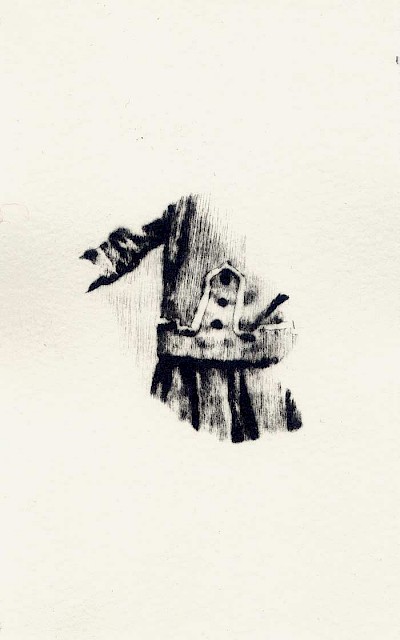
- Year
2015
- Technique
Drypoint on 300 gr white Hahnemühle paper
- Size
12 x 7.2 cm
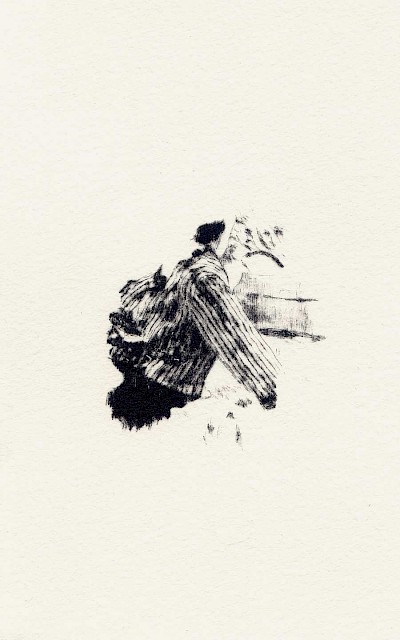
- Year
2015
- Technique
Drypoint on 300 gr white Hahnemühle paper
- Size
12 x 7.2 cm
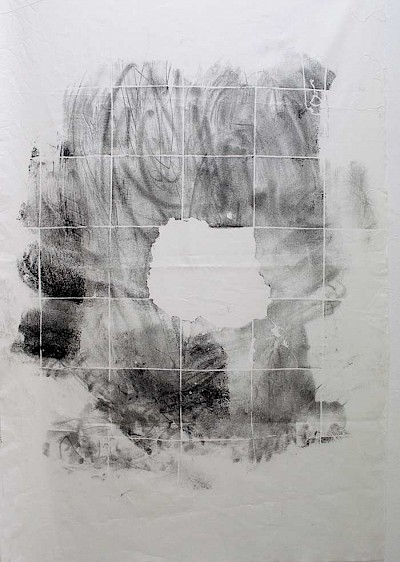
- Year
2015
- Technique
Monotype on a cotton sheet
- Size
128 x 83 cm
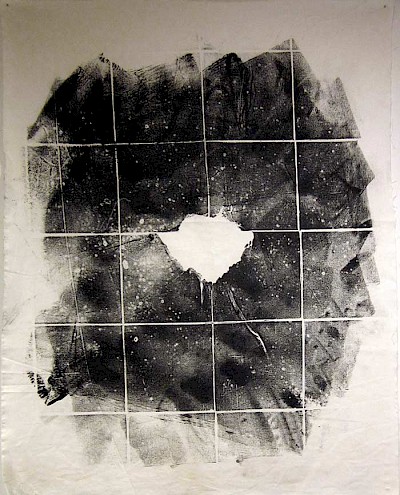
- Year
2015
- Technique
Monotype on a cotton sheet
- Size
83 x 68 cm
An artist is someone who looks outside and uses the past to remind us of reality.
This sentence, noted by Laura Rodríguez in one of Professor Luis Puelles lectures, summarizes perfectly the work of this young artist (Málaga, 1990).
From her early works Laura has been interested in memory: the memory of people, of spaces and the memory of old- but not obsolete- printing and photographic techniques as well.
Her works grow from the interest in finding and appropriating objects, rediscovering the hidden value of images that are unnoticed in our ordinary life and elements that are not interesting by themselves anymore. It is inevitable to quote Walter Benjamin: “images separated from their context (…) are jewelry in the sober chambers of later knowledge, like broken human torsos in a collector’s gallery”.
Basically, Laura uses two types of relic-objects: antique photographs, physical remains of a life experience, and architectural ruins, mainly uninhabitable. They both talk about a past story, but what is the place for those images? The past, the present or the future?
She is determined to create a new memory for these elements. By selecting, recycling and recombining she converts them into artistic objects and propose a new form of contemporary detritus.
Antonyms are very present in Laura’s work. She builds this new memory through the deconstruction of photographs, an obviously antagonistic act for the preservation of the images. For that reason, will not her archive —so ordered and systematized— be an anti-archive to be destroyed to the dismay of Aby Warburg?
With photographic fragments and architectural ruins Laura Rodríguez dares to rebuild the world, making clear that artists play a role in our society and, at the same time, help to transform it.
View the work of Laura Rodríguez →
← Back to Presentations






































